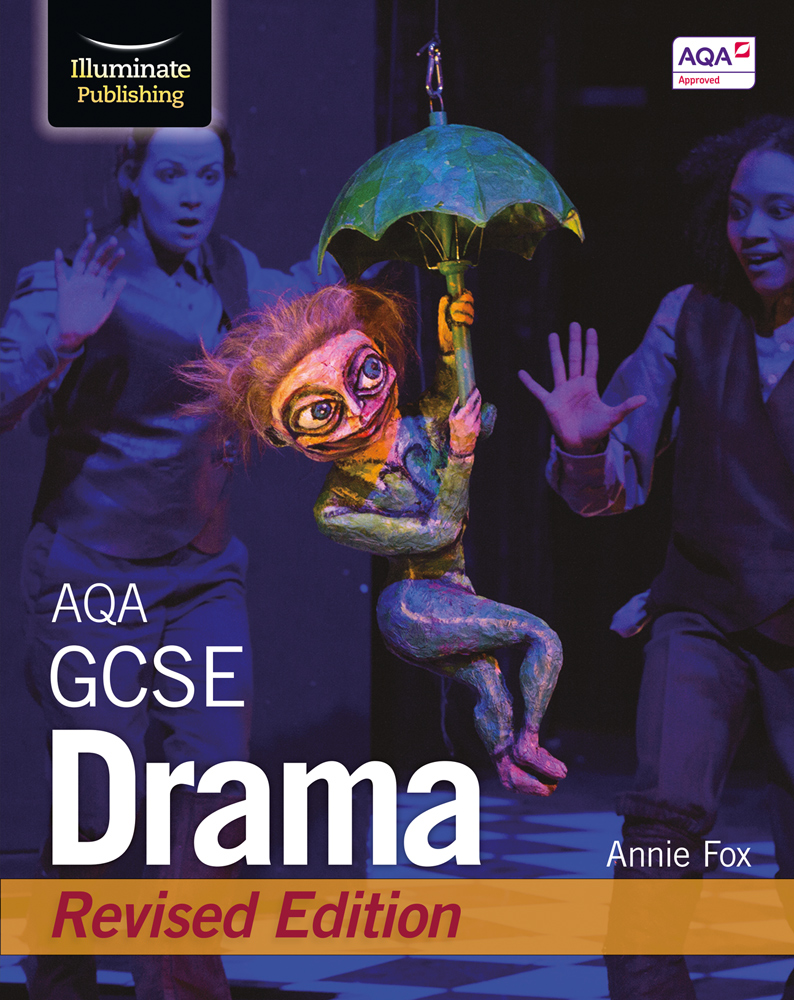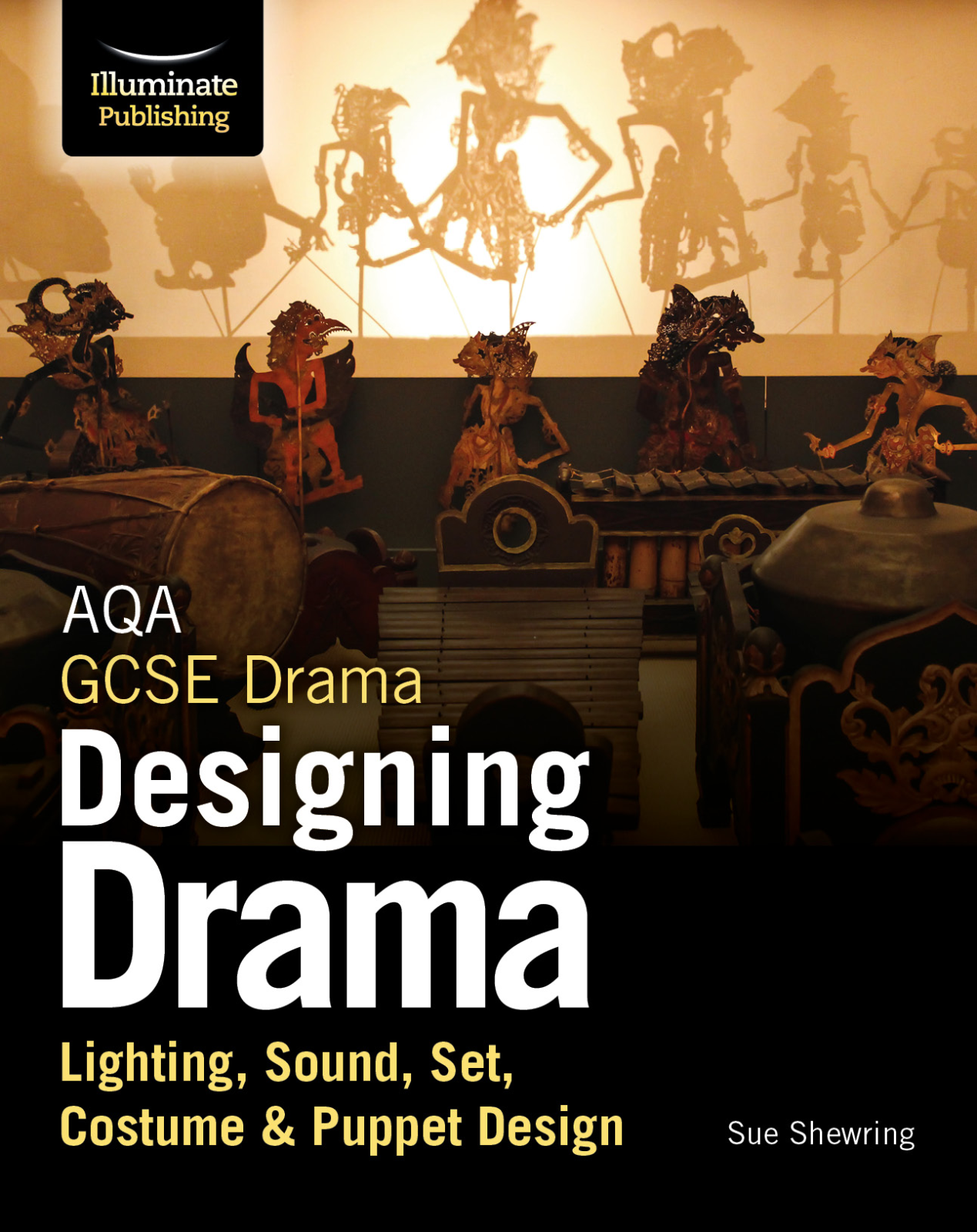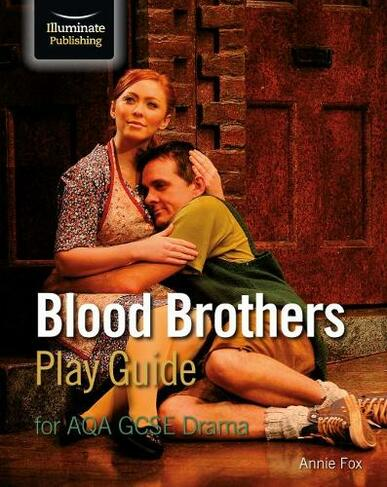DRAMA
Vision:
At MARLWOOD, the Drama curriculum provides a creative environment in which to develop emotional and social wellbeing and a deep sense of empathy for
others, whilst enabling us to learn personal confidence, collaboration and life skills.
The Drama Curriculum at Marlwood
Curriculum Map
drama curriculum map drama 2023 24.pdf
KS3 Years 7-9
Our KS3 studies in Drama aim to:
- develop performance skills through teamwork
- empower learners with higher order skills through devising, performance and responding
- build cultural capital
- grow social and interpersonal skills
- create a platform for free speech and expression through creativity.
Useful Weblinks/additional reading
https://www.bbc.co.uk/bitesize/examspecs/zrnjwty - BBC bitesize Drama
https://www.shakespearesglobe.com/whats-on/globe-theatre-guided-tour/ - Tour of the Globe
https://www.bbc.co.uk/iplayer/episode/b04w7pgj/the-boy-in-the-dress - The Boy in the Dress Film
https://www.roalddahl.com/stories/ - Charlie and the Chocolate Factory
How to support your child
Discuss what they are doing in Drama at the moment and explore stories, themes and key skills.
Encourage them to explore suggested websites.
Encourage them to join any performing arts clubs on offer at school and take part in concerts and productions.
Take children to watch any local amatuer performances eg local Christmas Pantomimes or any professional productions at theatres.
KS4 Curriculum Year 10-11
GCSE Drama.
Exam board: AQA
Exam weighting: 40% written examination / 60% practical work and written coursework
Assessment:
Via a written exam worth 40% at the end of Year 11 and via practical work and written coursework worth 60% throughout Year 10/ 11.
Content:
The subject content for GCSE Drama is divided into three components:
- Understanding drama (written exam)
- Devising drama (practical work and written coursework)
- Texts in practice (practical examination performances to external examiner)
In the practical components students may specialise in performing, lighting, sound, set, costume and/or puppets. Whilst there is a fundamental emphasis on the practical element in this course, the building up of a lively portfolio full of inspiration ideas, collaboration and experimentation and finally evaluation, is also a central part of the course. GCSE Drama allows all students to pursue the course in a way consistent with their preferred creative style. This is an exciting course for students who have a love of performing arts. We aim to develop creativity, confidence and an analytical skill-set that will benefit students across their learning.
Component 1: Written Exam (40%)
Component 1 consists of the written paper – an open book exam of 1¾ hours
- Section A: multiple choice questions on knowledge and understanding of drama and theatre (4 marks)
- Section B: four questions on a given extract from the set play (46 marks)
- Section C: one question (from a choice) on the work of theatre makers in a single live theatre production (32 marks)
Components 2 & 3: Practical Work and written coursework (60%)
Component 2 (40%) consists of creating and performing devised drama (students may choose to contribute as performer or designer). Students will analyse and evaluate their own work with the creation and development of a coursework portfolio (devising log).
Component 3 (20%)
Consists of a performance of two extracts from one play (this text must be a contrast to the play examined in the written exam). Students may choose both the text and also may contribute as performer or designer.
Skills:
GCSE Drama offers students the opportunity to explore drama as a practical art form in which ideas and meaning are communicated to an audience through choices of form, style and convention.
So, you learn how to:
- look at and/or devise plays
- organise the work on and backstage for the play
- put all that work into performances for live audiences
- evaluate how the preparation and production went
- appreciate live theatre through theatre trips & watching others
Enrichment:
Students will be expected to attend live theatre visits (arranged by the department) and attend rehearsals during lunch time or after school at practical assessment times. You will enjoy regular opportunities to perform to peers and younger pupils. We would expect all our drama and music students to be involved in our concerts and productions.
What are the benefits of studying this course now and for the future?
- The benefits of taking this course are that you will learn to collaborate as part of a team, but also you will develop skills in personal organisation and social skills. We are looking for students who have shown enthusiasm and effort in KS3 and can further develop a passion for drama and performance.
- Your enthusiasm, commitment and common-sense will be challenged and stretched! Homework will be varied and could be anything from research, rigging, rehearsing and performing to recall or word learning.
- Drama is counted as an academic subject in terms of qualifications for the future. By the end of the course you will have learned many new skills in management relating to time and people as well as creative skills.
Future Careers:
Actor/Actress, Director, Script Writer, Casting Director, Drama/Music Therapist, Teacher, Social work, Events management and many more!
 |
 |
 |
Useful Links and resourcing
AQA GCSE Drama textbooks:
Support for students and parents
https://www.gcsepod.com/ for Blood Brothers https://www.bbc.co.uk/bitesize/examspecs/zrnjwty BBC Bitesize
https://www.educake.co.uk/ - Homework & quizzes to improve knowledge recall.
https://www.shakespearesglobe.com/whats-on/globe-theatre-guided-tour/ Tour of the Globe
Further information can be found on the AQA website here :

